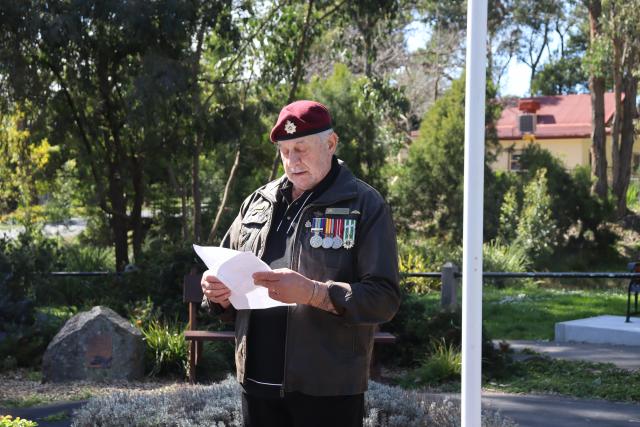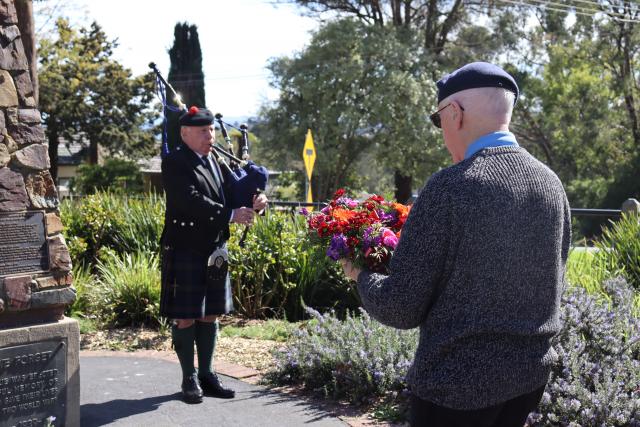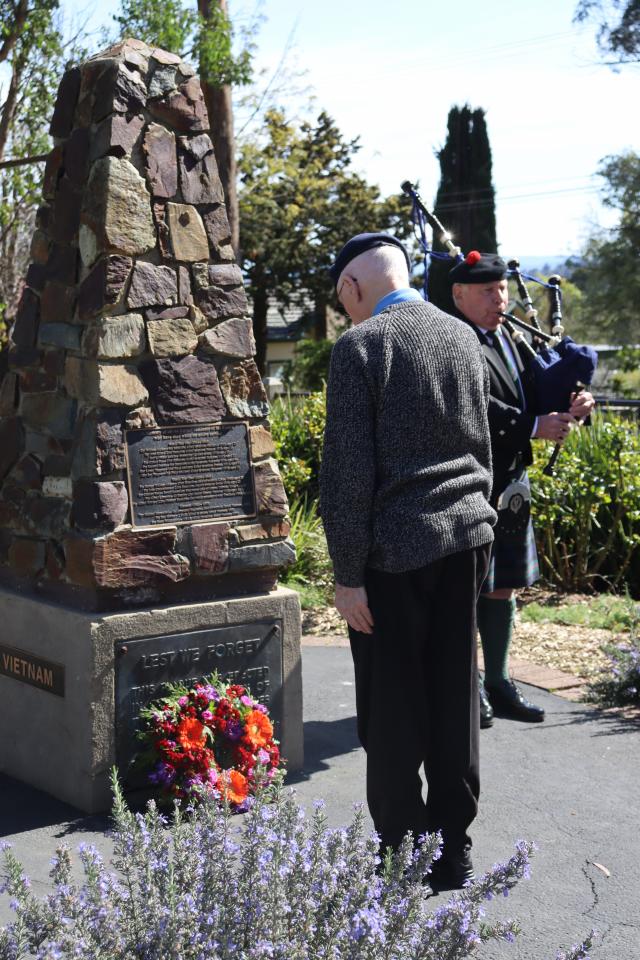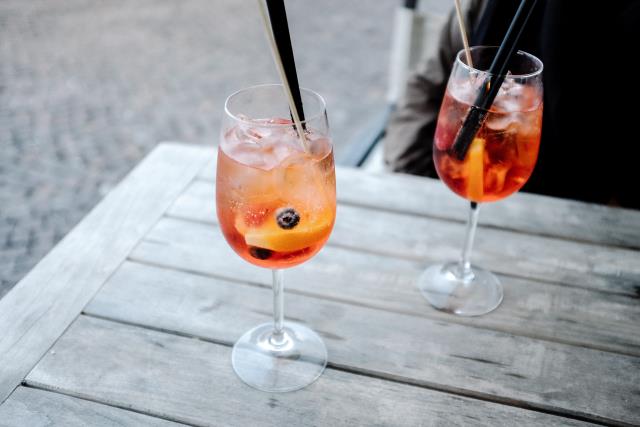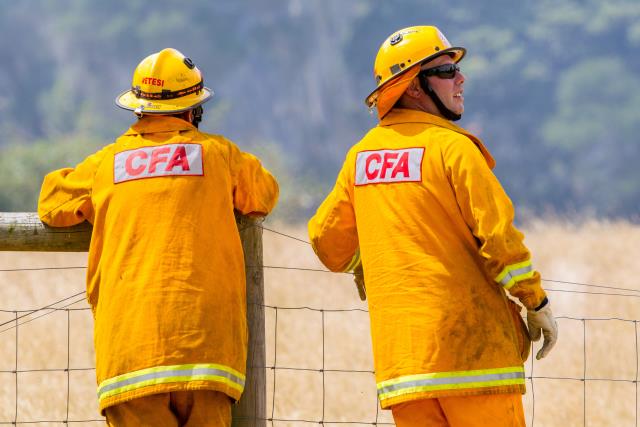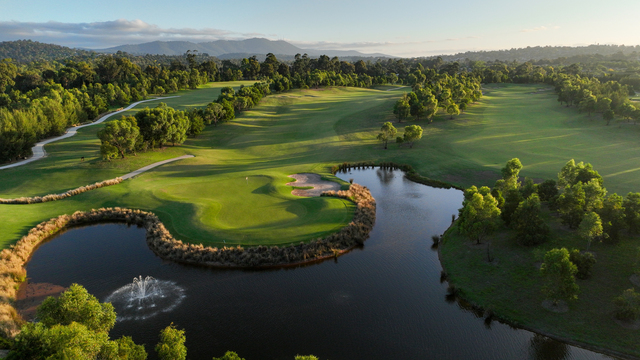The Battle for Australia, a campaign that lasted many months throughout 1942, was commemorated by Mount Evelyn RSL on Wednesday 7 September.
Recognising 80 years since Japanese forces edged closer to mainland Australia during World War II, having taken Singapore in February and later fighting battles in the Coral Sea and along the Kokoda Trail, the day represented the determination of Allied soldiers to protect the continent.
Leading the service at the Mount Evelyn Memorial Gardens, vice president John Sumner said it was a privilege to honour those soldiers in that way, particularly the many who served in Kokoda.
“The words just about lose me for what those men, those soldiers did over there with the dysentery, malaria, lack of food, the intolerable rain and the mud,” he said.
“It’s like the Australian motto is ‘we will never give up’ and that’s what they did right to the very end which saved Australia because it was the last stepping point for the Japanese.”
The Battle for Australia was first recognised nationally in 2008 when the Australian government decided a service would be held on the first Wednesday of September every year.
As a member of the RSL for many years, Mr Sumner said he was saddened to think it took such a long time for this combined effort to be regarded as such an important part of Australian history.
“They should not ever be forgotten those soldiers…being an ex soldier, this has really opened my eyes and I won’t forget. It’s really poignant in our history,” he said.
Mr Sumner said it was hard to imagine what Australia would be like now or how the war might have been different had those soldiers not “fought with bravery and tenacity” as they did.
Reflecting on a famous quote from the then Prime Minister John Curtin who said “the fall of Singapore opens the Battle for Australia. It is now work or fight, as we have never worked or fought before,” Mr Sumner said sums up the commitment, determination and
A wreath was laid at the base of the War Memorial to honour all the soldiers who fought, were injured or died, as well as the nurses who were captured or killed during the Battle for Australia.

